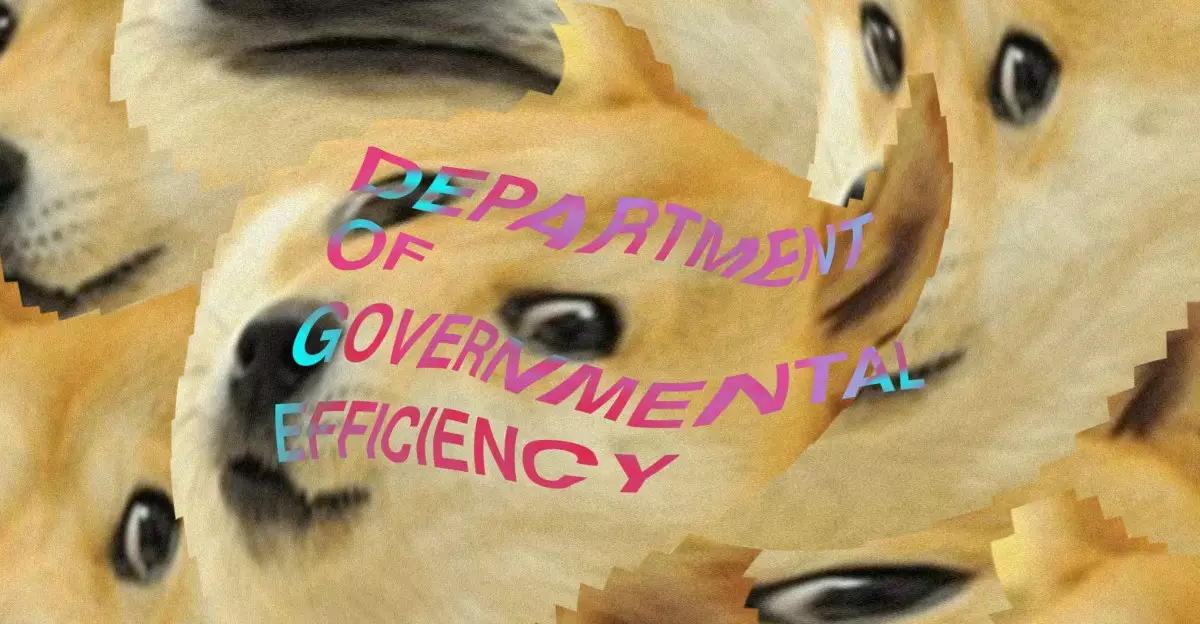Recent revelations about Marko Elez, a 25-year-old staffer associated with the U.S. Treasury Department’s payments system, have sparked a significant outcry and raised critical questions about ethics and governance within government structures. Elez’s controversial social media history, including posts advocating for racially charged policies, has come under considerable scrutiny following inquiries from major news outlets. These events not only highlight individual misconduct but also emphasize the urgent need for systemic reforms in handling personnel with access to sensitive government data.
Unprecedented Access and Implications
Elez’s position granted him unprecedented access to the Treasury’s payment processing systems, allowing him the authority to rewrite critical code. Such access raises alarms considering the sensitive nature of the information and processes involved. When the Wall Street Journal uncovered Elez’s troubling online persona linked to a now-deleted account, it exposed deeper vulnerabilities in the vetting process for government employees. Questions arise about how an individual with such radical views could attain a role that holds substantial responsibility over public funds.
The public and political responses to Elez’s case have been polarized. Following a poll initiated by Elon Musk on X, where an overwhelming majority voted to reinstate Elez, political figures have also weighed in. Vice President JD Vance stated that while he does not condone Elez’s previous remarks, he believes social media indiscretions should not define a person’s entire career. This line of thinking reflects a broader societal debate about accountability versus redemption in an era where our digital footprints can lead to severe consequences for even minor infractions.
While Elez has become the face of this issue, it is crucial to recognize that he is not the only figure attracting attention in a contentious environment. The events surrounding his resignation and potential reintegration into the government bring forth larger themes about governance, oversight, and accountability, particularly in critical departments like the Treasury. Concerns about the qualifications and ethical standards of employees in powerful positions require an immediate response from governmental institutions.
The Path Forward: Reforming Systems of Governance
The incidents relating to Marko Elez ultimately serve as a wake-up call for the U.S. government and its institutions. To prevent similar situations in the future, comprehensive reviews of hiring practices, social media screenings, and training on ethical behavior are necessary. Furthermore, fostering a culture that prioritizes accountability while maintaining a framework for personal growth and rehabilitation must be established. Such reforms would enhance public trust, ensuring that individuals in sensitive government roles exhibit the utmost integrity and professionalism.
As the narrative around Marko Elez unfolds, it serves as a critical moment for reflection regarding the intersection of public service, ethics, and modern accountability. The choices made in response to this situation will impact not only Elez’s future but also the broader framework of governance. Moving forward, it will be essential for leaders to balance forgiveness with the need for stringent safeguards that protect the integrity of public institutions.


Leave a Reply